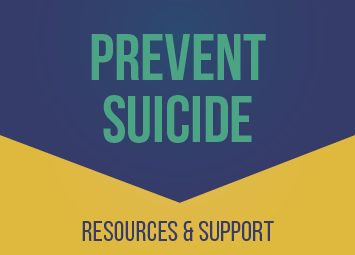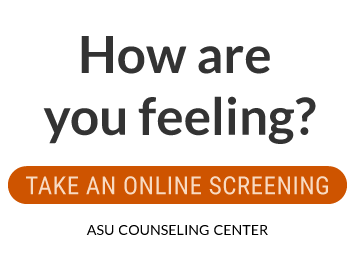About the Counseling & Psychological Services Center
Counseling & Psychological Services
Appalachian State University’s Counseling and Psychological Services Center has as its primary purpose the prevention and treatment of the mental health concerns of its students.
Scope of Services
The scope of services includes the following for students currently enrolled in classes:
The Counseling Center invites all students to come to Initial Consultation to meet with one of our counselors. During this initial meeting, the counselor, in collaboration with the student, will recommend services to meet the needs of the student. The recommended services may be within the Counseling Center, within the community, or with another service on campus.
Due to the high demand for counseling services, the Counseling Center offers short-term individual and couples therapy. We find that most students experience improvement within 1-5 sessions, with individual/couples sessions limited to ten sessions per academic year. For other students, group therapy is the treatment of choice. Group therapy sessions are not limited if the student is appropriate for services in the Counseling Center.
Students who present with concerns that may require longer or more intensive treatment, or expertise not available in the Counseling Center, are assisted with a referral to off-campus practitioners who are able to provide such care. The Counseling Center provides referral services either after the initial session or as these factors become more apparent during the course of services. The Counseling Center’s Referral Coordinator can assist students with identifying referral options, assist the student in connecting with the referral, and assist the student in finding additional resources as necessary. Referral Resources
Some of the issues that are commonly addressed in short-term counseling at the Counseling Center are:
- Concerns related to stress, anxiety, depression, anger, loneliness, guilt, low self-esteem, and grief.
- Relationship issues that may include romantic relationships, sexual concerns, roommate problems, and family concerns.
- Concerns related to identity, career choices, clarification of values, adjustment to college, academic performance, and life transitions.
- Issues related to the effects of trauma, sexual assault, or abuse.
- Distress caused by discrimination, oppression, or harassment.
- Issues related to body image, eating concerns, and making healthy lifestyle choices.

